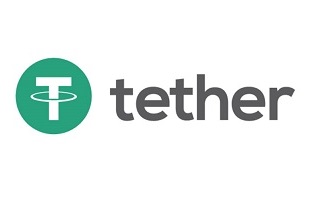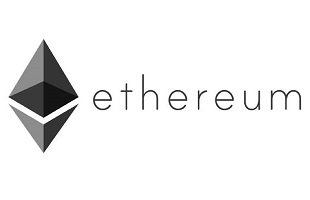Anti-Money Laundering Policy
What is Money Laundering?
Generally, the process of money laundering comprises of three stages, during which there may be numerous transactions that could alert a financial institution to money laundering activity:
- Placement: the physical disposal of benefits derived from the predicate criminal activity;
- Layering: the separation of benefits derived from the predicate criminal activity from their source by creating layers of financial transactions designed to disguise the audit trail; and
- Integration: the provision of apparent legitimacy to benefits derived from the predicate criminal activity. If the layer process succeeds, integration schemes place the laundered funds back into the economy so that they re-enter the financial system appearing to be legitimate business.
Money laundering is a serious offence. In law, it is regarded as being almost as serious as the offence which generated the criminal process. It should be kept in mind that where an employee assists a client to place, layer or integrate illegal funds that employee may have engaged in the act of money laundering. If an employee turns a blind eye where they believe a client is involved in laundering the proceeds of crime, that employee could be charged with assisting in laundering the proceeds of crime.
Policies and Procedures
AML Compliance Officer
Net Marketing Services’ Anti-Money Laundering Policy
As a matter of policy, Net Marketing Services has adopted procedures which require its Senior Management and officers to:
- conduct its business in conformity with high ethical standards, and guard against establishing any business relations or undertaking any transaction, that is or may be connected to money laundering or terrorist financing; and
- wherever possible, to the fullest extent possible, assist to corporate with law enforcement authorities to prevent money laundering and terrorism financing.
- perform enhanced due diligence on higher risk customers, including those who are assessed to be politically exposed persons;
- prohibit dealing with certain categories of clients, including but not limited to:
- Individuals or entities known or suspected to be a terrorist or a criminal organisation or member of such or listed on sanction lists;
- Clients operating in prohibited industries;
- Client in which their identity, or beneficial owners cannot be ascertained;
- Clients who refuse to furnish information or documents sufficient to satisfy our due diligence;
- Clients where the legitimacy of the business cannot be ascertained.
Net Marketing Services will conduct their due diligence on all customers by performing KYC checks where we will obtain information like:
- Photo ID (Identification Card/Driver’s License/Passport)
- Income Proof
- Purpose of buying
- Source of funding
- Digital wallet address and verification of its ownership
The following are examples of verification methods Net Marketing Services may use:
- Obtaining proof of address, such as a copy of a Utility Bill/Telephone Bill/Bank Statement
- Obtaining a financial statement for a business account
- Comparing the identifying information with information available from a trusted third party source
- Photo ID of the shareholders or the directors of a corporate client
Net Marketing Services strictly does not allow third-party transfers (buying/selling on behalf of someone else). Net Marketing Services will only deal with customers who are using a local Singapore Bank account to make or receive payments.
Net Marketing Services keeps tabs on various online investment scams through the news and communications to protect their customers from fraud. The objective of this is to ensure that the customers of Net Marketing Services understand the risks of cryptocurrency investment and online scams and to protect them. Net Marketing Services will not proceed with orders associated with such scams. Where required, Net Marketing Services will make a suspicious transaction report.
Suspicious Transaction and Activity Report
Suspicious activity can include more than just suspected money laundering attempts. Activity may be suspicious, and the Company may wish to make a filing with a law enforcement authority, even if no money is lost as a result of the transaction.
The Compliance Officer will initially make the decision of whether a transaction is potentially suspicious. Once the Compliance Officer has finished his review of the transaction details, he or she will consult with the Company’s senior management to make the decision as to whether the transaction meets the definition of suspicious transaction or activity and whether any filings with law enforcement authorities should be filed.
AML Policy Audit
In addition, with regards to Anti-Money Laundering/Countering Financing of Terrorism controls, licensed payment service providers must maintain an audit function to assess the effectiveness of its internal policies, procedures, controls and adherence to regulatory requirements.
Net Marketing Services will go for an Independent Audit to review and assess the compliance with the AML/CFT framework.
What is Travel Rule?
Information required for Travel Rule
By making an order, you acknowledge and agree to allow us to provide our Travel Rule service provider with your personal information mentioned above.






